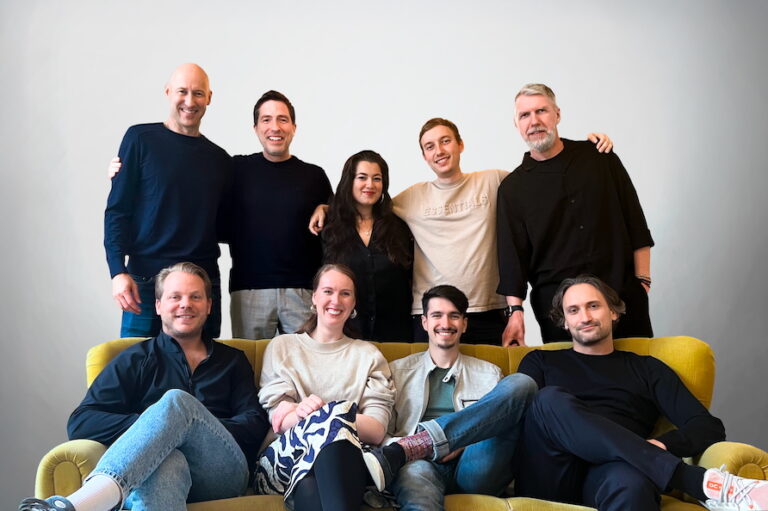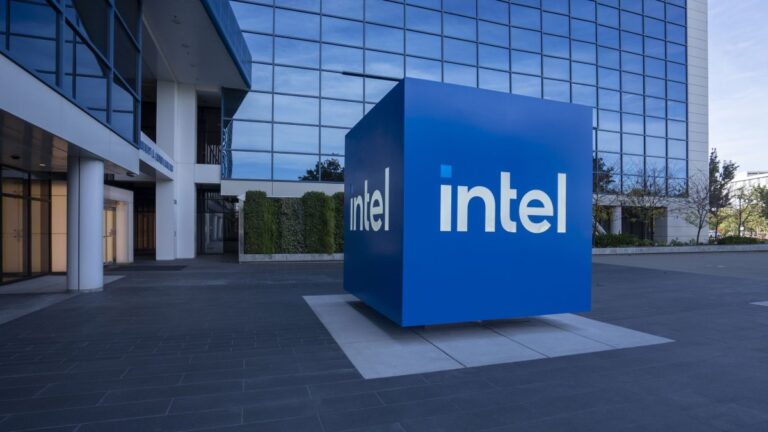Y Combinator Founders Scale Back Fundraising: A Key ‘Vibe Shift’ in Venture Capital Trends
Silicon Valley is abuzz with excitement over the potential of artificial intelligence (AI) as a driving force for increased productivity and innovation. The emergence of AI startups is transforming the landscape, enabling small teams to achieve remarkable financial success.
The Rise of AI Startups in Silicon Valley
AI startups are making headlines for their ability to generate impressive revenue, often with minimal staff. Many enterprises now report reaching tens of millions in revenue with teams as small as 20 employees. This reduction in overhead costs is prompting some founders to seek less venture capital funding during their early stages.
A Shift in Founder Mindset
Terrence Rohan, an investor at Otherwise Fund, has observed a notable “vibe shift” among founders in Y Combinator’s latest batch. According to Rohan, one founder expressed a desire to navigate the business landscape with minimal reliance on venture capital, stating:
“People used to climb Everest and they needed oxygen. Today, people climb it without oxygen. I want to summit Everest and use as little oxygen (VC) as possible.”
This sentiment reflects a broader trend where founders are aiming to raise less capital, allowing them to retain a larger ownership stake in their companies. By doing this, they can maintain greater control over their business and future exit strategies.
The Debate: Less Funding or a Bigger Mistake?
However, not everyone agrees that reducing funding is the best strategy. Parker Conrad, CEO of the HR tech startup Rippling, argues that having more capital can accelerate growth. He warns:
- Competitors with significant financing can invest heavily in research and development.
- These competitors may build superior products and outpace smaller startups in sales and marketing.
While creating a solid product with a lean team is feasible, Conrad believes that adequate funding is crucial for scaling effectively.
Adapting to a Changing Landscape
Rohan acknowledges the validity of Conrad’s concerns but maintains that the dynamics of the AI market are evolving. He mentions:
“Folks are getting to substantial revenue quicker and with fewer people, and it’s a belief that maybe they can sustain that revenue with fewer people.”
Examples of fast-growing AI companies support this notion. For instance, Anysphere, the creator of the popular AI coding assistant Cursor, achieved $100 million in annual recurring revenue (ARR) with just 20 employees. Currently, the company is negotiating funding at an impressive $10 billion valuation.
Similarly, ElevenLabs, known for its AI-powered voice cloning technology, reached a comparable ARR with a team of only 50. The company successfully raised $180 million in its Series C funding round, valuing it at $3.3 billion.
The Future of AI Funding
Despite the trend of smaller teams, many AI startups continue to attract substantial funding. Rohan notes that:
- Venture capitalists are actively seeking investment opportunities and are willing to provide funds with minimal ownership dilution.
- Today’s founders are increasingly aware of the advantages and disadvantages of venture capital.
Many startups that previously raised capital at inflated valuations are now experiencing down rounds, where they must secure funding at lower valuations. This shift reflects a changing mindset among founders, who prioritize sustainable growth over merely attracting attention from elite VC firms.
For more insights into the evolving landscape of AI startups and venture capital, check out TechCrunch and explore their in-depth coverage of the industry.







